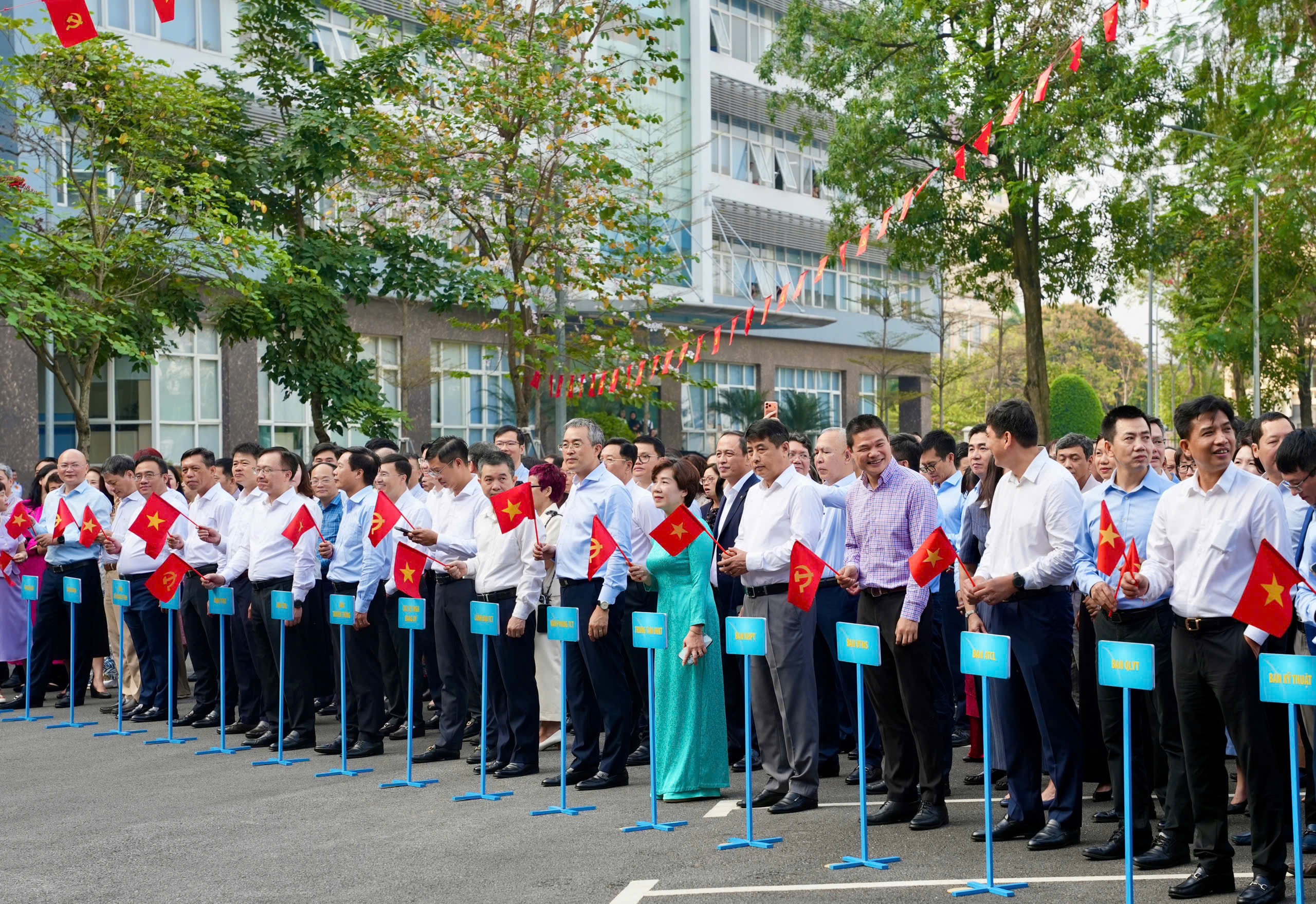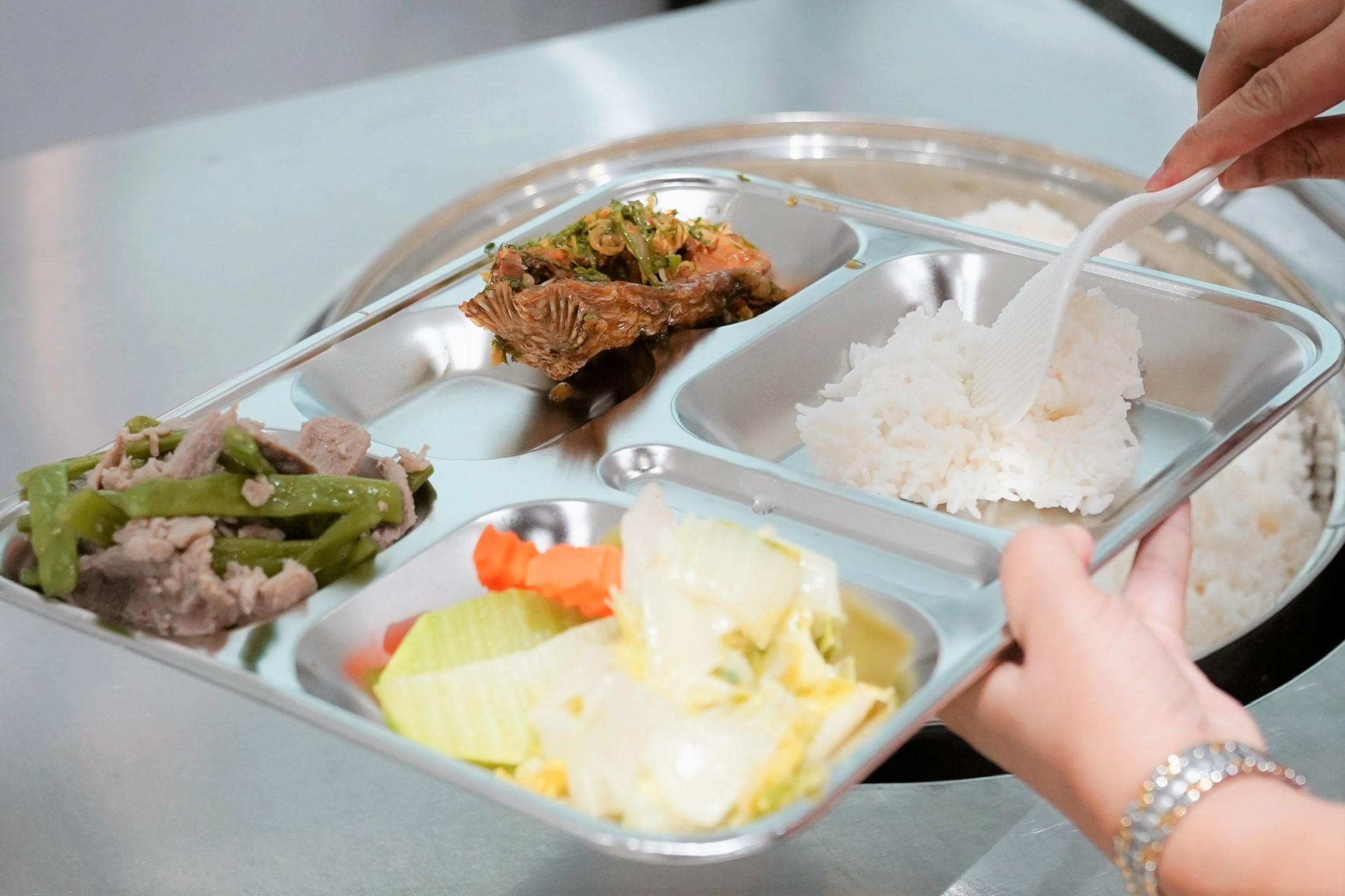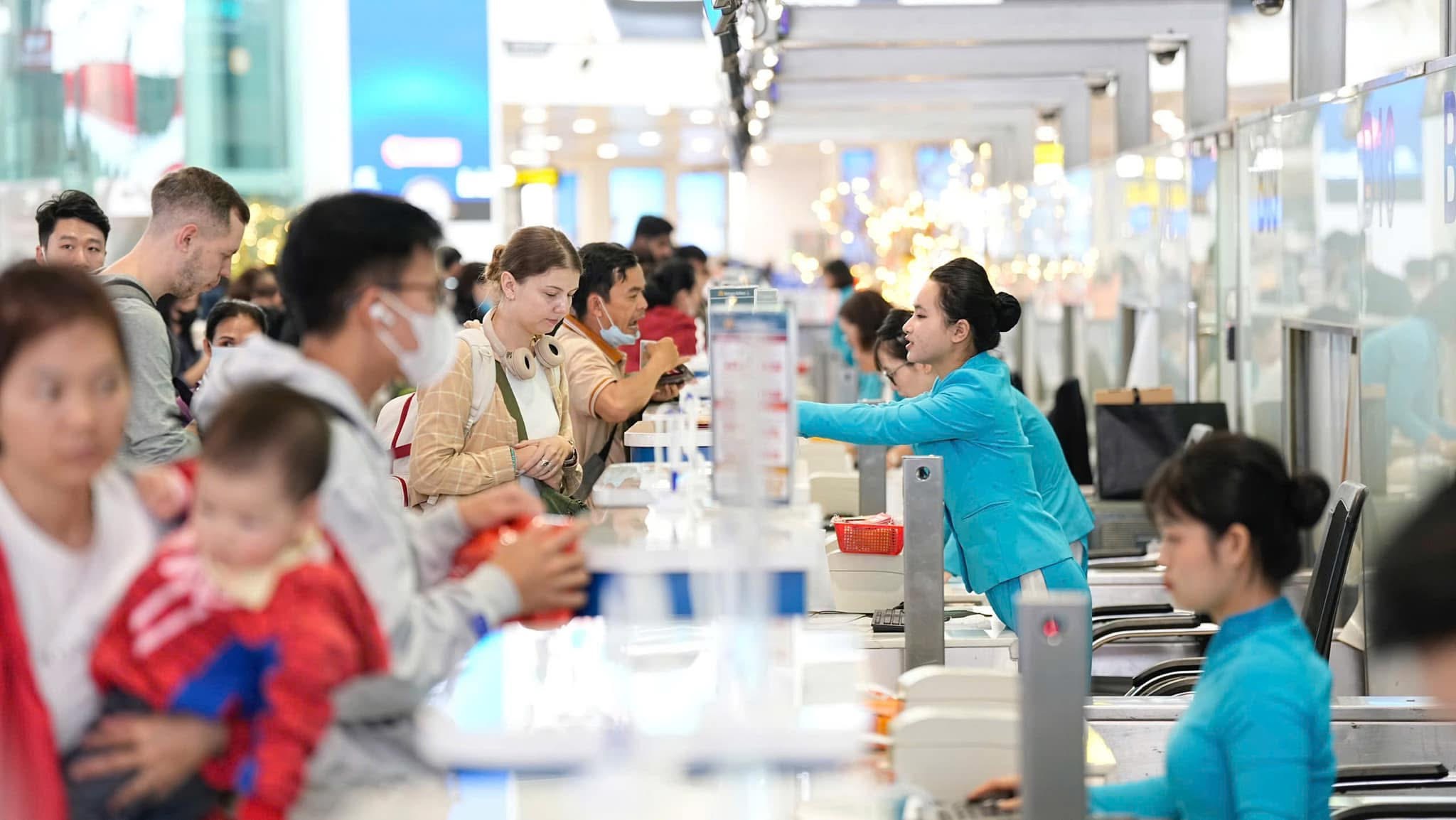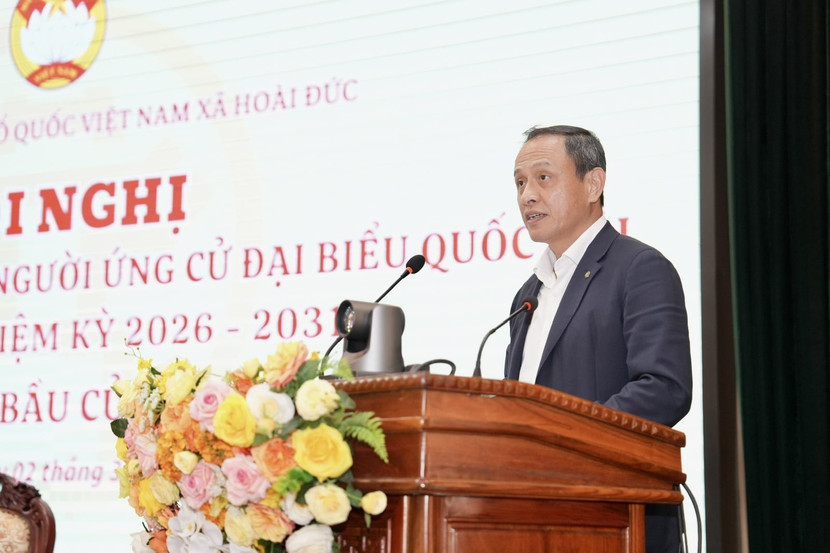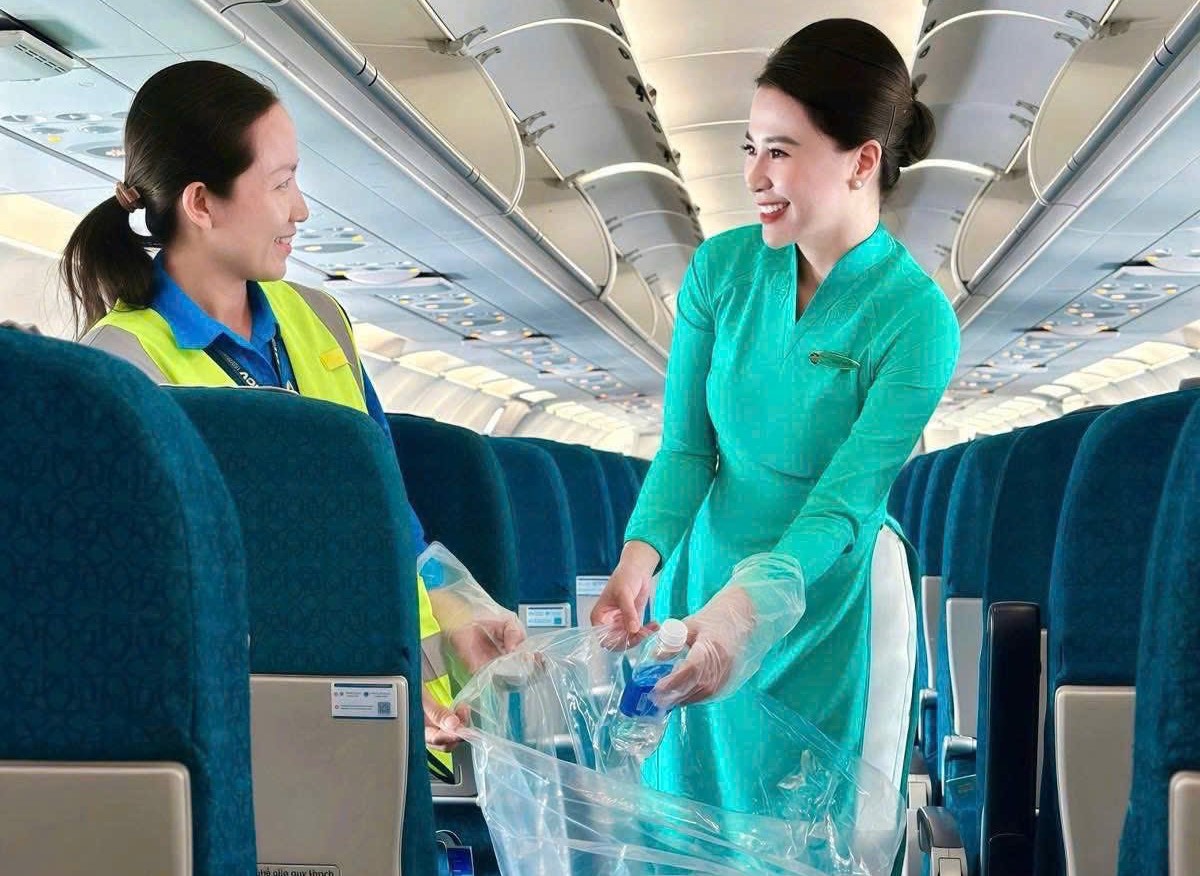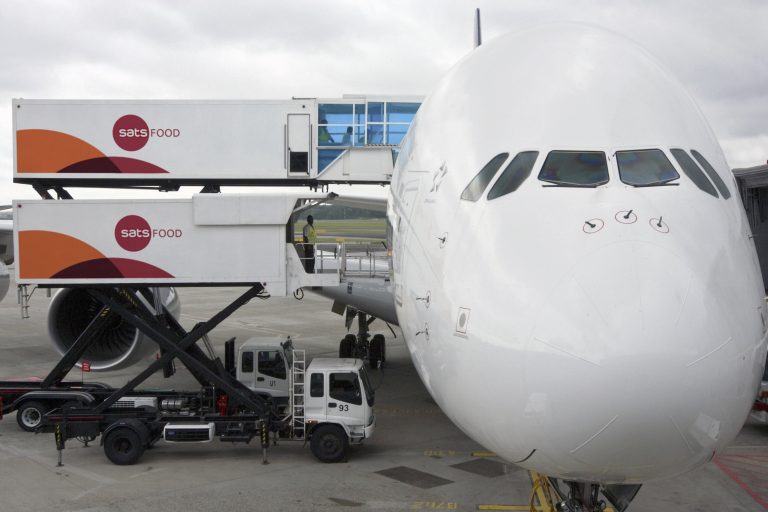
IATA’s IEnvA provides a consistent standard for improving environmental management in the aviation industry. It aims to encourage continual improvements in performance through embedding environmental sustainability management in day-to-day operations and decision-making. The programme for ground service provides a framework for achieving environmental sustainability across all ground operations, such as cargo handling, apron and passenger services. The vigorous assessment involves training and workshops to ensure proper implementation of the standards prescribed in the IEnvA Standards Manual.
An important ecosystem partner in the Changi Aviation Hub, SATS has invested extensively in solarisation, optimisation, and electrification programmes over the years to reduce its carbon footprint. For example, it has deployed one of the largest solar arrays at Changi Airport spanning about seven football fields, generating more than 10,000 MWh of solar energy annually. It has also replaced more than 800 high-bay lights in the cargo warehouses with energy-saving LED lights, abating 225 tonnes of CO2e. The company has converted 262 tractors and 141 forklifts deployed across its operations to electric. SATS believes that joining IEnvA will augment its environmental and sustainability performance to create a bigger impact on the aviation industry’s environmental sustainability.
Bob Chi, CEO of Gateway Services at SATS, said, “SATS is proud to be Asia Pacific’s first ground handler to join this IEnvA programme. Sustainability is an ecosystem play, and not one player can solve the problems alone. Aligning ourselves with international best practices in environmental management allows SATS to plug into IATA’s platform to introduce world-class standards to the partners we support. Using IEnvA’s standards to guide our performance, we create a bigger impact with our sustainability initiatives by adding to the efforts of other players in the ecosystem using this same standard.”
“IEnvA has a solid track record of improving the environmental performance of airlines. As the aviation industry committed to improving sustainability, including achieving net zero carbon emissions by 2050, the expansion of IEnvA to Airports and Ground Handling Service Providers (GHSPs) is critical. With SATS’ pioneering participation among the first ground handlers in the expanded program, we are building momentum towards the industry’s sustainability goals,” said Marie Owens Thomsen, IATA’s senior vice president for sustainability and chief economist.
Cre: Asian Aviation



